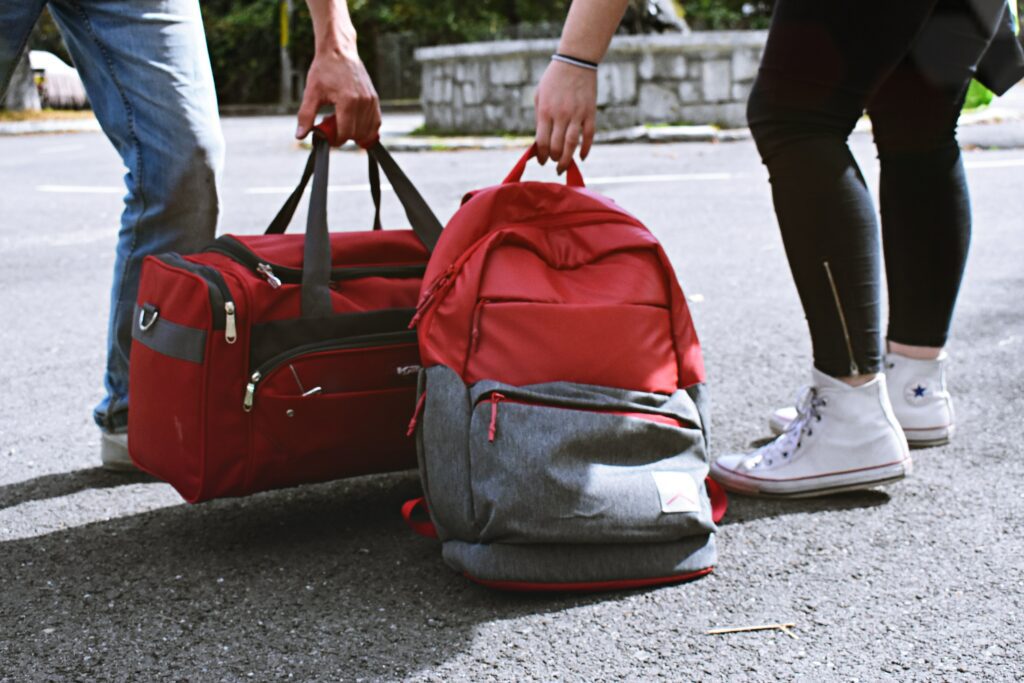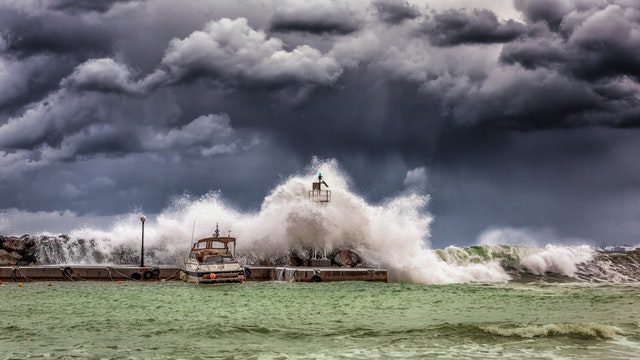National Hurricane Preparedness Week is the first week of May. In the spirit of being prepared, this is earlier than the official start of hurricane season for the US: May 15 in the Eastern Pacific and June 1 for the Atlantic states and Hawaii.
Be Sure You Are Emergency Receiving Alerts
If you’ve ever experienced a local emergency of any kind, you likely recognize the loud drone of an emergency alert on a cell phone. They’re designed to get your attention regardless of your cell carrier or even if your phone is on silent. During hurricane season, keep your phone turned on and not on airplane mode to make sure you are staying informed. If you suspect you aren’t receiving these alerts, be sure you are “opted in” to receiving emergency alerts under settings in the notification menu.

Pack a Go-Bag
When time is of the essence, it’s important to do everything you can ahead of time. A proactive way to prepare for a hurricane is packing a go-bag for your family ahead of hurricane season. Pack your bag with several days’ worth of non-perishable food, water (one gallon per person per day), medication, a first aid kit, extra phone chargers and battery packs, and important documents like copies of birth certificates and insurance policies. Having food and water ready to go will prevent a frantic trip to a (likely crowded) store when every second counts.

“Know Your Zone”: Understanding Your Evacuation Route
If you live in a state with frequent hurricanes, your state’s disaster preparedness team maintains a mapping site with evacuation zones. For example, Florida has an interactive, color-coded map showing the zones, which are assigned to letters. Beyond that, they have maps of evacuation routes for each county. Google your state, county, and “Know Your Zone” to know which zone you are in, and follow the set evacuation route should your county. By doing this ahead of time, you’ll be able to act faster in an emergency.
Make Your Plan, Share Your Plan
Disasters can strike at any time, including during the workday when kids are at school or daycare. Make a plan for several safe places to meet in case you get separated–in your neighborhood, outside of your neighborhood, and out of town. There’s a possibility that you may lose cell service, so agreeing on meeting places ahead of time will save you future stress and anxiety. Communicate your hurricane evacuation plans ahead of time with extended family, neighbors, schools, and daycare providers. You may even want to practice your plan with your family as you would in a fire drill.

Consider Your Pets
Last but not least, make sure you have a plan in place for your four-legged friends. Be sure to pack several days’ worth of pet food, water, and medication for your pet inside your go-bag. Microchipping your pet could help you in case you get separated. Keeping a photograph of you and your pet together could also help you confirm ownership if they get lost. While it’s likely you will be able to evacuate away from the hurricane with them, they will not be allowed inside a shelter unless they are service animals. Look up hotels on your evacuation route ahead of time to see if they are pet friendly.

Hurricanes can be a frightening experience. Luckily, there are a few steps you can take ahead of time that will empower you to act fast in the future.
